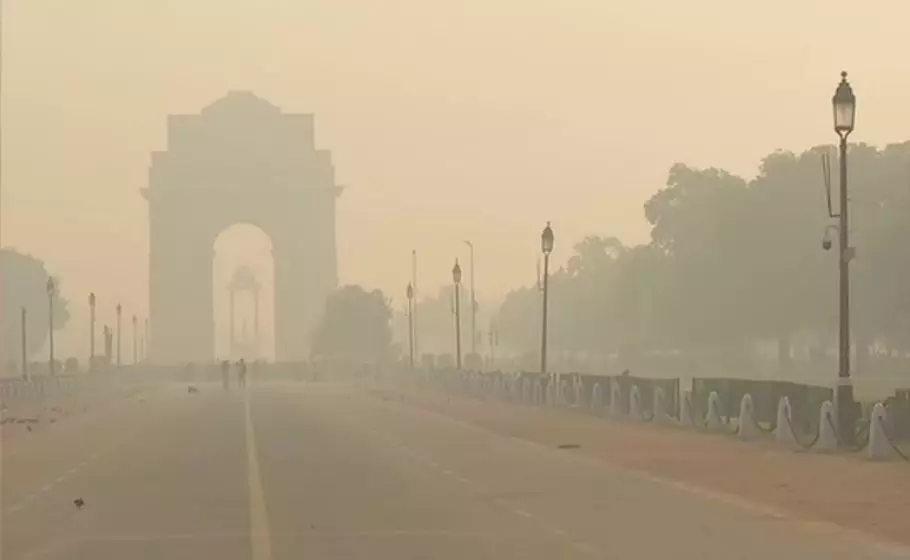
Delhi joins UN campaign on climate change, to increase green cover
The Delhi government has also committed to increasing the green space and tree planting, aiming to achieve a 25 per cent green cover in the next five years.

The Indian capital has joined an UN-backed drive to catalyse a step-change in the global ambition for climate resilience, pledging to achieve a 25 per cent green cover within five years.
Delhi's participation in the "Race to Resilience" was announced at an event at the Climate Week NYC on Wednesday.
It comes with a set of commitments aimed at enhancing climate resilience while fostering sustainable development.
These include investments in circular economy to re-purpose and reduce waste and in decentralised renewable energy sources to enhance access to clean and sustainable energy.
As part of the campaign, the Delhi government has also committed to increasing the green space and tree planting, aiming to achieve a 25 per cent green cover during the next five years.
The city's green cover currently stands at 23.06 per cent.
Water bodies
Initiatives such as the Delhi City of Lakes project is tipped to rejuvenate water bodies, improve water quality and reduce flooding.
Delhi is one of the hottest cities in India and ranks among the most susceptible to heat waves due to its large population and a significant concentration of lower-income groups.
Extreme heat is hurting local productivity, putting vulnerable populations at risk and contributing to the rapidly rising energy demand.
Delhi's draft action plan on climate change says the city is projected to suffer losses of Rs 2.75 lakh crore by 2050 due to the impacts of climate change.
Also, changes in precipitation and temperature patterns pose significant threats to the most vulnerable populations.
"Our government is committed to implementing sustainable cooling and heat resilience strategies. I firmly believe that the Delhi Heat Action Plan (HAP) will prioritise the marginalised communities, particularly those living in substandard homes that serve as heat traps," a UN statement quoted Reena Gupta, advisor to the city government, as saying.
Solar policy
Delhi has also set its eyes on becoming a national and global leader in rooftop solar generation through the new Delhi Solar Policy.
The overarching objective is to increase the installed capacity of rooftop solar plants to meet 10 per cent of Delhi's annual energy demand, a transformation expected to create 40,000 new green jobs in this sector.
Delhi also launched an electric vehicle (EV) policy in 2020 to improve the air quality by rapidly increasing EV adoption, targeting a 25 per cent share of EVs in new vehicle registrations by 2024.
"The government's existing policies and programmes demonstrate a commitment to improving the resilience of urban infrastructure, environment, energy, water supply and transportation systems. The government is dedicated to building climate resilience at the local level, enhancing environmental sustainability, and preparing the city to face the challenges posed by climate change," Gupta said.
Razan Al Mubarak, UN Climate Change High-Level Champion for COP28, said: "We can learn from the pragmatic, realistic and just solutions-oriented approach that the city of Delhi is providing."
(With agency inputs)

